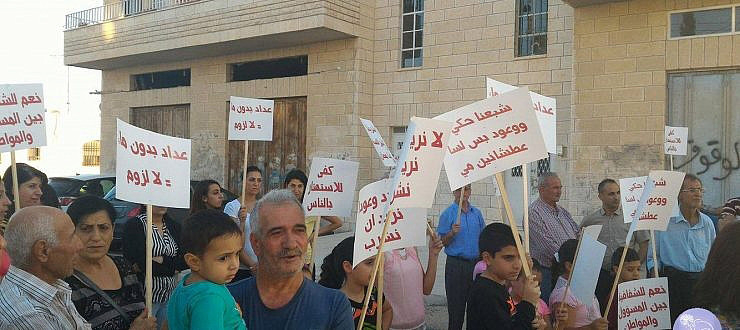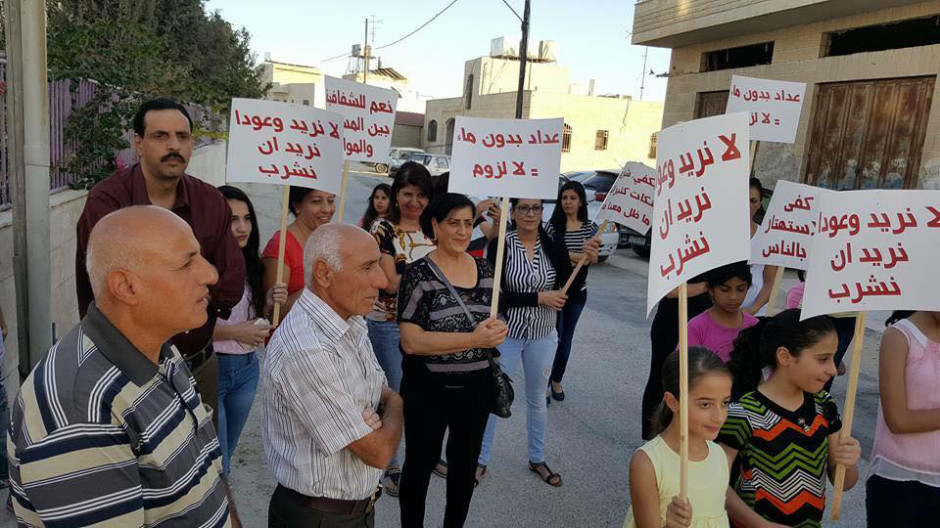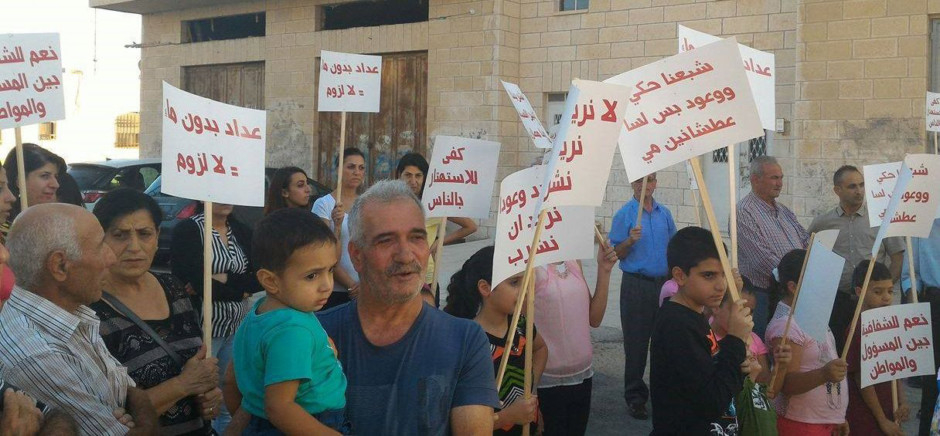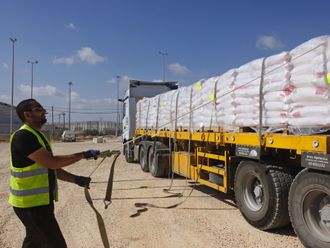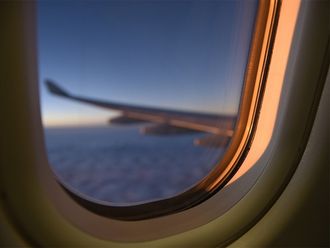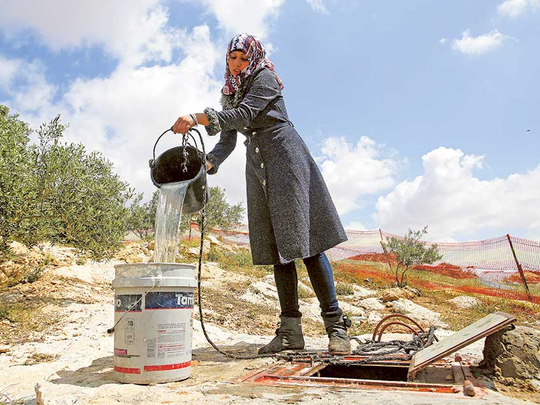
Ramallah: Residents of Beit Sahour, east of Bethlehem, have removed the water meters from their homes and handed them back to the Palestinian Water Authority, in protest against five months of continuous water cuts.
For over a week, residents have held daily strikes against the miserable living conditions which have mainly affected the Estaih neighbourhood.
“The water cuts have exceeded all tolerable limits,” Ramzi Salsa’a, resident and key organiser of the protests, told Gulf News.
Those who have removed their meters and returned them to the water authority claim that there is no need for them, since there is no water in the first place.
Salsa’a says he and his family have gone the entire summer without water.
“We have gone through all the legal channels to try to solve this problem, but to no avail.”
The Palestinian Water Authority claims that the water cuts are the result of the installation of new water pipes throughout Bethlehem, in a project sponsored by France, and that the process would take up to one year.
Residents say they cannot wait a year to have running water in their homes and are demanding the water authority to come up with a temporary solution until the project is completed.
The situation is so dire in Beit Sahour that residents are forced to purchase water from tankers to drink, wash and do laundry.
Buying such expensive water has been a huge financial setback for the residents. They say they shouldn’t have to bear the cost themselves and want authorities to financially compensate them.
Water shortages are common throughout the West Bank, but have hit Bethlehem particularly hard as it has been unable to afford to repair damaged water pipes installed in the early 1960s.
“Due to leakage from the old pipes, around 45 per cent of the water is lost,” said Beit Sahour Mayor Hani Al Hayek.
When the Israeli regime signed the Oslo Accords with the Palestine Liberation Organisation (PLO) in 1994, Israel was given full control over the West Bank’s water sources.
Since then, stark inequalities persist in water consumption between Palestinians and Israeli colonists living in the occupied West Bank. Palestinians are allotted 70 litres per person per day — well below the World Health Organisation’s recommendation of 100 litres per person per day.
Meanwhile, Israeli colonists have access to around 300 litres, per person per day.
Israelis are supplied with more than 80 per cent of the water from the mountain aquifer, the only source of underground water in the Palestinian territories.
Adding insult to injury, Palestinians are forced to buy water and electricity from their Israeli occupiers.
Last September, Israel and the Palestinian National Authority signed an agreement settling the PNA’s debt of over two billion Shekels in electricity and water bills to Israel. The debt accrued because of unpaid electricity and water bills which accumulated over the course of 10 years.
The PNA was unable to pay the water and electricity bills due to a cash crunch that resulted from donor countries not sticking to their financial commitments to the PNA, especially during the Second Intifada.
Under the Israeli-Palestinian settlement, the PNA will pay Israel 570 million Shekels in cash, and the balance of 1.5 billion Shekels will be paid in 48 instalments. A portion of the debt — interest that the Israelis added over the years — will be waived.
Bethlehem receives 10,000 cubic metres of water a day from the Israelis, down from 18,000 cubic metres last year.


